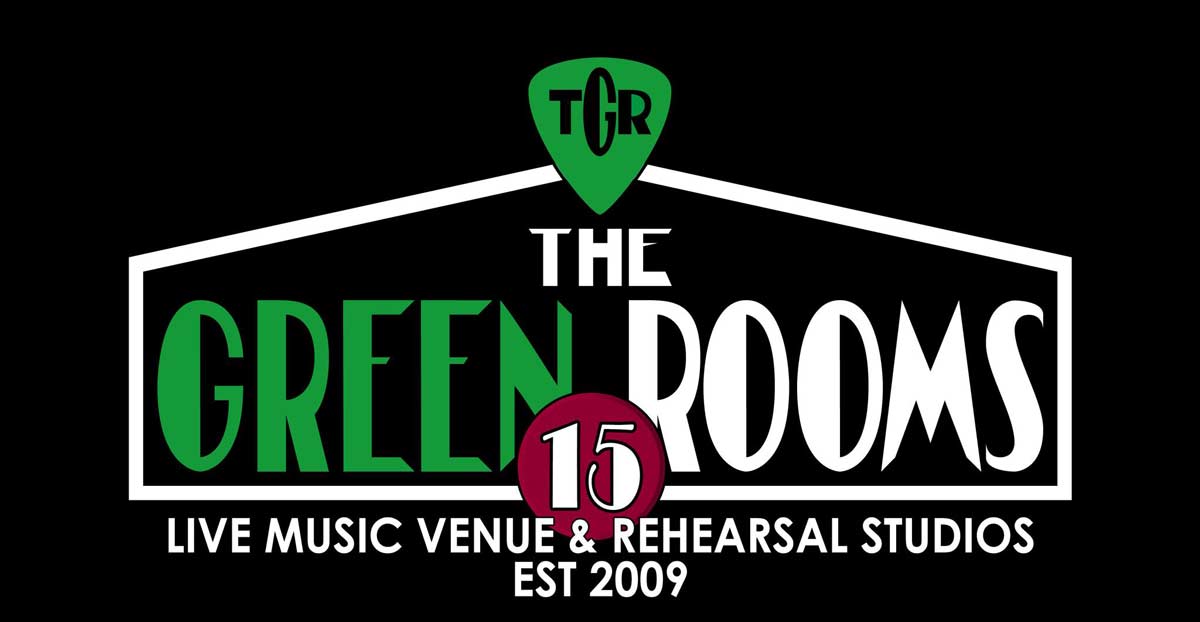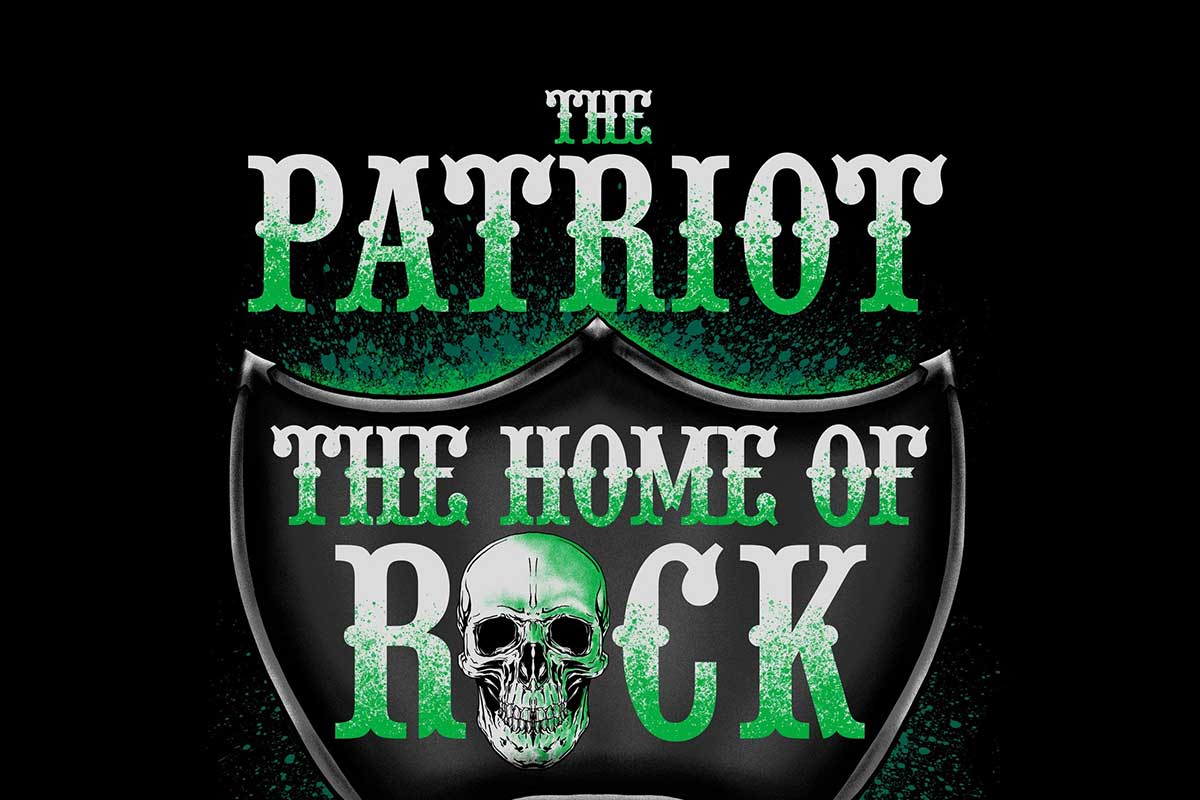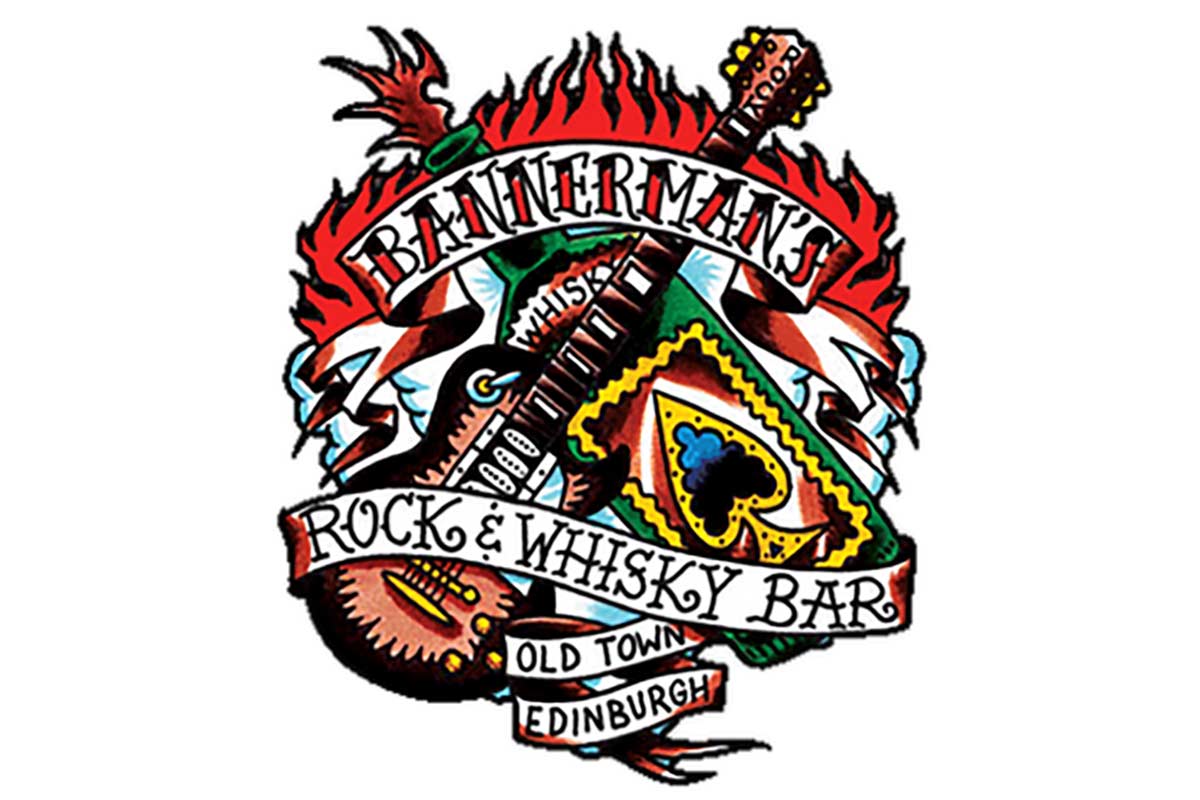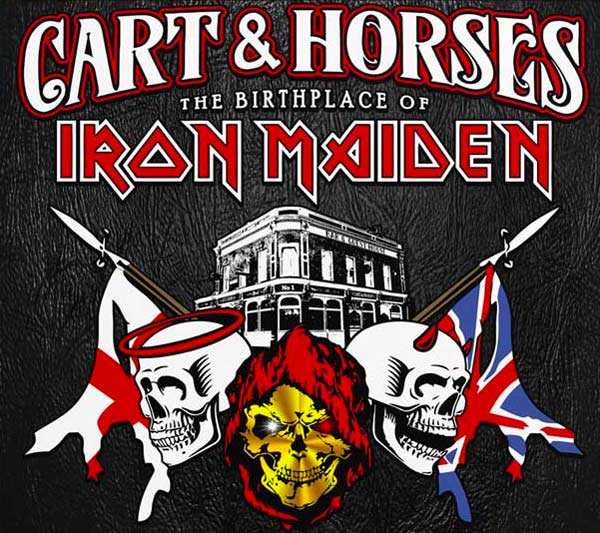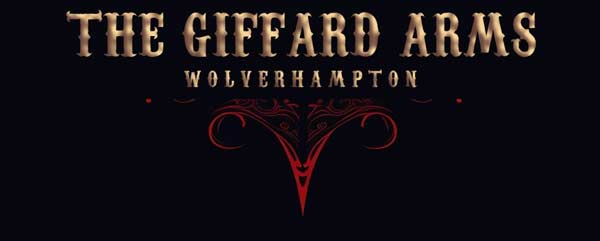In parts 1 and 2 I’d been going on about the time I went to Sarajevo during the Bosnian War with the Bruce Dickinson band. We pick up the tale with a day off in the besieged city after the gig…
Your Humble Narrator
So, what do we do on a day off in Sarajevo? Well, much the same as we’d do in any other town.
On days off on normal tours you might do some sight seeing, maybe do a celebrity appearance or signing session type thing for some fans, then go to a bar or find a party.
All three of these happened in Sarajevo but being in a war zone they were all a bit more surreal than on ‘normal’ tours.
Being shown the sights in Sarajevo was done by Major Martin Morris and a couple of British soldiers in a mini-bus, driving along mostly deserted streets through the ruins of what had been a modern thriving city. Every other building was pock marked by shrapnel. Most of the windows were long gone and now boarded up.

A street scene in Sarajevo. Notice the missing windows and the wrecked bus with sheet metal down the side to protect its passengers.
Spare bits of greenery were converted to vegetable patches, even the roadsides and central reservations. But the growers risked death by sniper fire every time they checked on their carrots.
We stopped here and there to see the sights. As I remember these sights consisted mostly of views of the Serbian frontlines (always from a distance) and various shell holes (usually in civilian targets such as a block of flats or a market place).
We saw a large graveyard with all of the graves looking poignantly fresh. Each time we got out to see the sights we rushed back inside the mini-bus, as if its thin panels offered real protection. We kept our heads low through fear. This was not a fun-filled tourist trip.
Our ‘celebrity’ personal appearance was a little different too. Bruce and Alex were going to do an acoustic session at an orphanage.
An orphanage is always a kind of sad place, kids who for whatever reason don’t have their mums and dads there to look after them. This was more tragic.
These kids had all lost their parents in the war. Many of them had seen them murdered in front of them. Some were still in shock, just staring straight ahead. They’d been like that for months. Others clung to us and wouldn’t let go. Maybe they knew we’d be getting out of here soon.

Alex Elena playing with a child at the Orphanage
There were two shell holes in the playground. The people running the orphanage told us the Serbs had fired the first shell during playtime. Then they put the second one in when the ambulance crew arrived. It was a cold attack and was calculated to cause the most possible casualties amongst children and non-combatants.
It was under these conditions that Sarajevo lived. Before we got there I had known this was a war. I had known that wars are bad things. But I wasn’t emotionally prepared for this at all.
In the evening we went to a local fire station, where UN firemen and other workers were having a small party for us. I’m not sure what the real address was but it was known to our British Army hosts as ‘Sniper Alley’. I resisted asking how it got its name.
It was a dual carriageway that was largely deserted as dusk approached. There were burnt out cars and rubble across the road and its pavements.
The sensible route to take, we were told, was just blasting down it at full pelt while also swerving left and right. I’ve been in cars before when people drive too fast, sometimes because they’re drunk or stupid, often a combination of the two. Somehow it’s even scarier when a sensible and sober driver does it deliberately because dangerous driving is infinitely safer than safe driving in this topsy-turvy world.
I didn’t actually urinate myself on the journey but I seem to remember it was a close call.
At the fire station, Andy and Bob set some of our gear up for a quiet jam. We didn’t bring Ampegs and Marshalls down here so one of the locals was going out to pick up a little guitar amp from his friend’s house. Sponder went with them out of curiosity.
When he got back he told us that at the friend’s house, all the family were in one room with a nine-volt battery running a single Christmas tree light bulb taped to a mirror to illuminate the room. They invited him in and offered him food and drink.
We felt unable to help these people. Sponder gave this household all the British money he had on him. They cried in gratitude but nothing could help them really. Back home we had lit houses, CD players, nights out and what we took most for granted, relative personal safety.
These people had none of that. They all had crippled, missing or dead relatives. They lived in squalor and fear.
Yet, you know the odd thing? They were, more alive, more happy for the moment and more generous with what little they had than anyone back home. Their human spirit was unbroken.
These people smiled. They were probably not far from clinical starvation and yet they offered Sponder food. All the civilians we met out there were like that.
During the gig the night before, people at the front had a few times rolled cans of beer across the stage at me. I thanked them and gave them back. We had free beer backstage (thanks to the Danish Army!). These people had no proper running economy. Half of them had no regular water supply but they would buy you a beer.

Alex Dickson and Bruce performing an acoustic ‘Tears Of The Dragon’ in the fire station
Back at the fire station Bruce and Alex did a few acoustic tunes, then me, Sponder and Alex jammed around a bit and got some of the locals up. One was the Portuguese UN Medical Officer – he wasn’t a bad drummer! We did ‘Jumping Jack Flash’ with him.
The insane situation outside broke down all barriers, smiles and beer flowed all round till late in the night… or would have done if the Bosnian military police hadn’t turned up to enforce the curfew and send us back to base.

Jose, the Portuguese Medical Officer on drums!
The next morning after an emergency rations breakfast of pasta and baked beans Major Morris and our British Army friends from the previous days were ready to pick us up for the trip out of the city. They were driving us to a UN base in Kiseljak, where we’d get helicoptered back to Split and flown home from there.
The only slight worry we had in advance was that we’d be passing through Serbian Army lines this way.
We were neutral non-combatants in the war and we were being chaperoned by British UN peacekeeping soldiers in armoured Land Rovers. The UN had arranged with the Serbian command that we were coming through so nothing should go wrong for us but anytime you have to meet a group of armed and drunken murderers is cause for concern.
Also the thought of actually meeting the people who had been deliberately putting Sarajevo in such a state of death and misery was daunting in itself.
We were due to pass through four Serbian checkpoints. They were imaginatively known as Sierra One, Two, Three and Four by our UN hosts.

Serbian Army Checkpoint. It was pointed out to me later that taking photos like this can potentially get you shot as a spy.
At Sierra One we were stopped but we didn’t have to get out. The Serbian soldiers took a quick count of passports and passengers to make sure they tallied up then waved us through.
Sierra Two and Three also waved us past. Fine, we thought, they’ve radioed ahead and we clear through.
At Sierra Four we were stopped and asked to get out and line up on the roadside.
The Serbian officer in command was a woman who had aged badly but was probably in her late twenties. She spoke reasonable English and was dressed exactly like so many rock chicks at London’s nightclubs of the time – bleached blonde permed hair, too much make up, tight leggings and thigh high boots. The only difference was the blue/grey camouflage Serbian Army jacket she wore over the top.
Following her were two or three soldiers in the same camouflage pattern uniforms but without the leggings and thigh boots. They had Kalashnikovs casually slung over their shoulders. She smiled at us. They didn’t.
She went up and down the line of us, examining passports, asking general conversational questions and being ever so charming. Her unshaven escorts did not charm us but stayed back, smoking and eyeing us up and down, no doubt with their trigger fingers itching.
She eventually bid us a happy journey. We were keen to get out of there and quickly got back in the Land Rovers.
Back on our way, the British soldiers told us: “She’s one we’ll be hunting down after the war. She’s had plenty of people shot on the side of the road. She wouldn’t touch you guys but we didn’t want to mention it before the check in case you got freaked out.”
From the Serbian lines we drove up to the UN base at Kiseljack in Croatian-Bosnian territory. There, we finally felt a little relief. We were beyond sniper fire, landmines, stray shells and mortar rounds. Kiseljak was nice; it was the first time in two days when there wasn’t any gunfire to be heard in the background.
We weren’t bothered at all when we were told that our helicopter ride to Split would be a little delayed. They gave us some lunch instead.
The delay, we were told over lunch, was due to one of their two Sea King helicopters undergoing repairs. It turned out that it had been hit yesterday by small arms fire. Nothing serious, they said.
We had been due to go out on that one but instead we’d have to wait for the other to get back from its current mission and be refuelled.

The UN base at Kiseljak. Notice the two Sea King helicopters. The one on the right, partially tarpaulined, is undergoing repairs after being shot at and ours is on the left.
Pretty much everything that everyone had said since we got here had made me think that this whole trip was a quite stupidly dangerous thing to have attempted but this was at least surely the last crazy thing we’d have to do before going home, so with no option we got into the least damaged of the Sea Kings.
Getting into the Sea King, a British Naval officer was handing out life vests but ran out just before me and Alex Dickson.
“Sorry about that,” he said. “We haven’t got anymore but not to worry. To be honest they’re not a lot of help. Most of the trip is over land, if you do get shot down over the lakes, then you’ve got to get out of the helicopter and swim clear of the rotors before they hit the water. Once the rotors touch down they’ll chop up anything floating within their radius. Then you have to inflate your jacket.
“If you panic and inflate it too early inside the copter, you’ll float the to top of it, get stuck in the fuselage and sink with it. Then if you’ve managed to get out and clear the rotors and inflate your life jacket you might have two or maybe three minutes to swim to safety or get rescued before hypothermia will set in.
“Bearing in mind that the rescue copter is currently under-going repairs, I wouldn’t worry about the life jacket too much.”

Me in the Sea King helicopter
That was more reassuring advice that made my bowels loosen. But surely, this lot are winding us up a bit with all this scary reassurance? I mean, I know there’s a war on but maybe I’m just jumping at shadows and they’re all having a laugh at us for it and telling bigger and bigger tales?
Once we were inside the helicopter, they fixed a heavy machine gun to the open port on the right next to us and belted in some ammunition. The gunner cocked it and sat back for the flight. We took off and flew over some stunning forested mountainous countryside.
After the first twenty minutes or so and passing over some lakes, he packed the gun up and put the ammunition away. I asked him why he was packing up now.
“We’re past the fighting zone now. We don’t need it.” More reassurance for now but that meant they really did think there was a possibility of being shot at over the last section: the life-jackets were for real.
But now surely at last the danger really is over. We can rest easy. We’re safe and nearly home!
Most of us had headphones on in the helicopter and could hear the pilot and crew talking all the “Roger Charlie Bravo Two Zero” stuff that pilots do. Bruce loves that kind of thing and probably even knew what they were on about.

Bruce on board the Sea King helicopter
Then the pilot said over the headphones: “I hear we have some civvies onboard. We’d like to show you what the Royal Navy can do with a Sea King.”
At that moment we dropped out of the sky to below tree level, spun over hilltops at high speed, swung side to side in tight valleys and generally risked our mortality in every conceivable way.
On the ride some of our flight crew shouted: “The Royal Navy are not pussies!!!” I had never suspected they were, and have certainly not doubted it since.
We didn’t have seat belts and the starboard side was wide open for the machine gun which had been taken away. We clung on for dear life to anything we could grip.
The flight crew loved it. They must have done it dozens of times before. They threw their heads back and laughed. They lived with mortal risks every day and this was how they dealt with it. More danger, this time for fun.
Other British UN soldiers had told us of similar episodes, for example driving up and down ‘Sniper Alley’ under fire for kicks or shooting up buildings, which a female UN soldier told us felt “sexy”. This is how the human mind deals with being in fear constantly; it turns to viewing the danger as fun.
Black humour was rife in all the UN troops we met. Most of it was good humour with some great jokes and a seemingly fearless attitude. But in some cases I suspected it was caused by intense personal stress with only the comradeship of their unit as a relief.
I’ve not been on a fair ground ride since. They’re all stupid and useless as compared to what the Royal Navy can do with a Sea King.

Andy Veasey, myself and Alex Dickson on board the homebound Hercules. Notice the visible relief on our faces, contrasting with the concerned looks all through the previous two days in Sarajevo.
When we landed at Split we spent an evening drinking with some British special forces (they were highly trained drinkers as well as killers) then flew on a Hercules transporter plane back to RAF Brize Norton where Maiden’s legendary roadie, Johnny Allen, picked us up in a splitter van.
“Make sure you’ve got your seat belts on”, he said. It seemed so trivial. We drove at a steady 68 mph down the M40. We were not going to be swerving sniper fire, or being shot down into a frozen lake. Seat belts? Pah!
In fact, of course, wearing a seat belt is a very sensible thing to do back in real life. But that was the problem. British normal life didn’t work for me anymore. I’d only been away for a weekend yet everything was changed forever. We’d all changed inside a bit.
I’d not actually been personally shot at, none of us were injured and my family was still alive. I’ve got nothing to complain about. In fact we got back into London as it was building up for Christmas. Oxford Street, the lights, Santa, presents, shoppers… consumerism. It should be great. But I couldn’t be happy.
I tried telling people at home what had happened out there but they couldn’t understand. They nodded and agreed but they couldn’t see it and I could see that they couldn’t see it.
I would break down in tears at the wrong moments, excuse myself and go to the toilet to sort myself out. It’s OK. That’s a normal reaction. I’m fine now. Mostly. I was only there for a weekend.
But what about the people of Sarajevo? They’d lived through years of it. They actually lost friends, family members and limbs.
What about the soldiers who still fight in Afghanistan and other parts of the world? What happens when they get home after a six month tour of duty?
What about the innocent people who live (and the children who grow up) through that shit in Syria today or any of the many conflict zones around the globe?
Can these people ever be normal again?
Quite frankly no. Seeing a war and its effects and meeting its victims up close for a couple of days was far more shocking than I’d expected. If Tony Blair and George Bush had seen the Bosnian War up close they could never have invaded Iraq.
Living through or taking part in a war is more horrific than can be imagined. You’d literally be scarred for life.
Remember those stories about how Grandad was in the Second World War or Uncle Bob was in Korea and he never wanted to talk about it? He couldn’t talk about it.
War veterans walk our streets every day. Their view of the world is very different to ours. Everyday life is extremely trivial to them. The price of tomatoes, someone complaining about a having a headache, soap operas – it means nothing after what they’ve seen.
But they can’t tell you what they’ve seen because you wouldn’t understand it and you would think they are mad, which is what much of society does. They need understanding and support.
In all 18 British soldiers were killed in action in Bosnia, trying to save civilian lives. You can donate towards helping injured British servicemen and women at Help For Heroes by clicking here.
According to the International Center for Transitional Justice, the Yugoslav Wars resulted in the deaths of around 140,000 people in total. Of those over 11,000 were Bosnian civilians living in Sarajevo during the siege and of those over 1,500 were children. A further 15,000 children were injured in Sarajevo.
You can donate to the children of Bosnia at SOS Childrens’ Villages by clicking here.
Normal service will be resumed next month. Until then enjoy your life – you are blessed to have it.

Roland Hyams and Alex Sponder Elena – smiles all round on the way home
You can read bassist Chris Dale’s enthralling account of events in:
Thanks to Roland Hyams, Alex Dickson, Alex Sponder Elena, and Mirza Coric for providing extra information about this experience. Thanks very much also to Bruce, Sanctuary Management and Major Martin Morris for making all this possible. However the biggest thanks should go to all the UN personnel who kept us safe, the Serious Road Trip who got us there and the people of Sarajevo who made us feel so welcome throughout.



